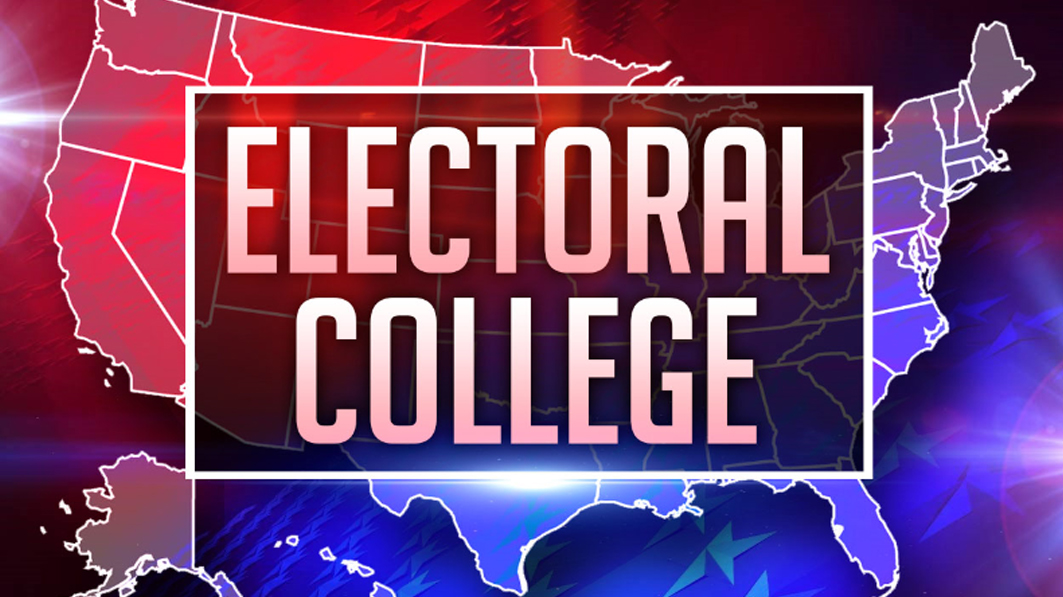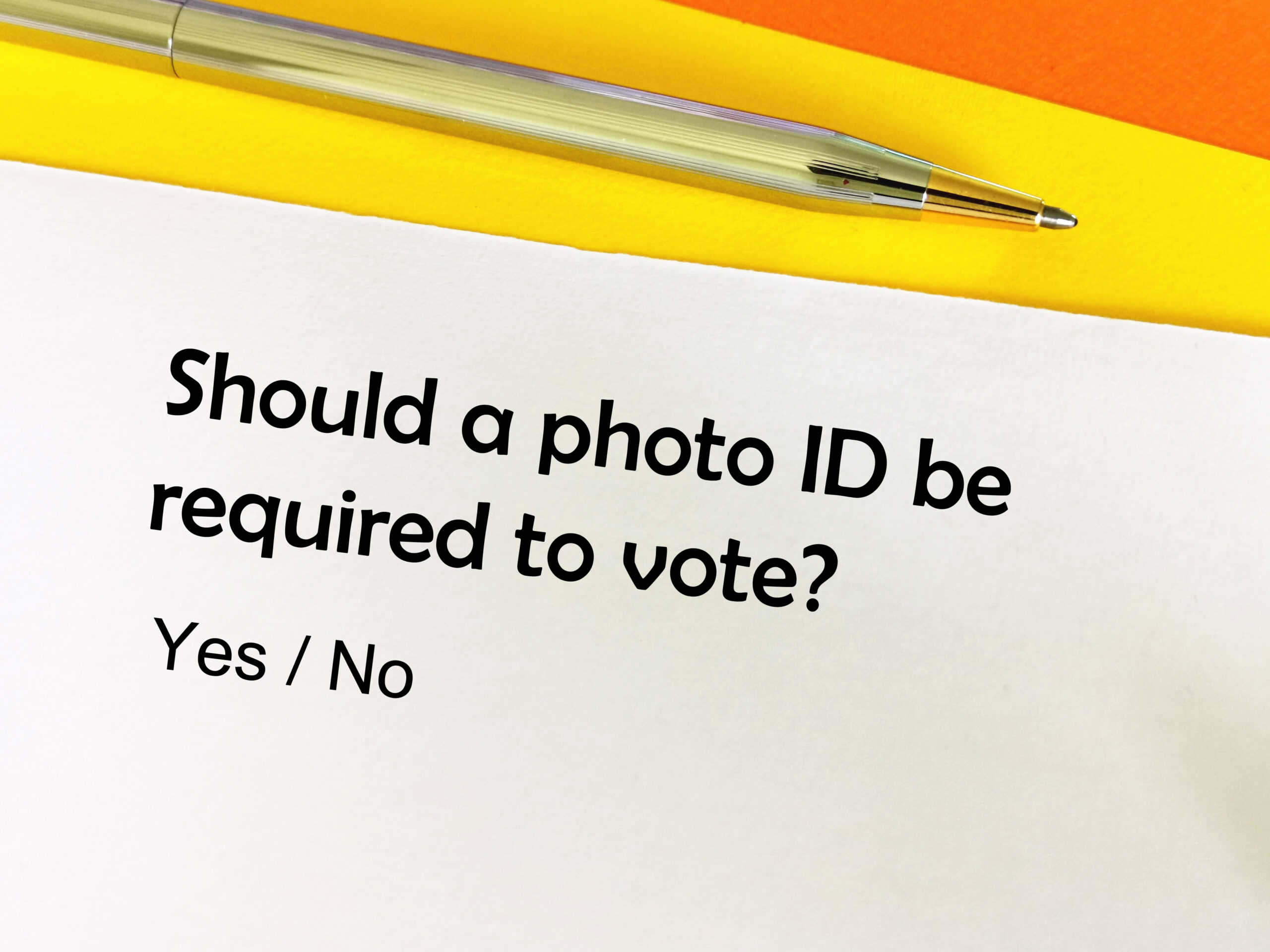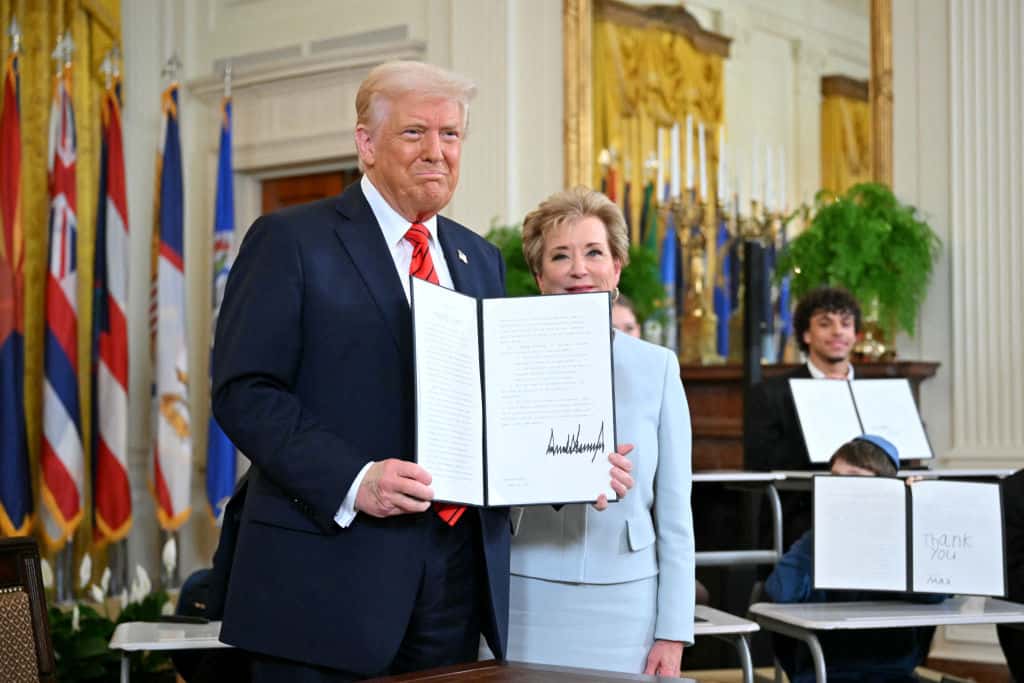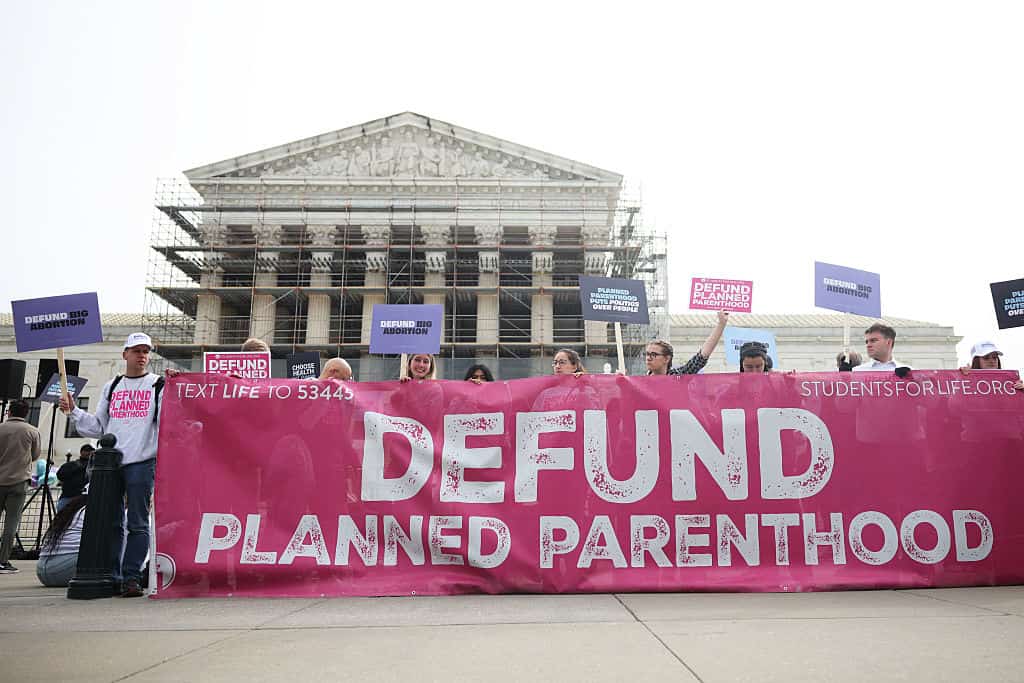Colorado Voters Attempt to Stop the National Popular Vote

Earlier this year, The Daily Citizen informed you about Colorado’s attempt to join the National Popular Vote Interstate Compact (NPVIC). That attempt succeeded in March when the Colorado legislature passed, and Gov. Jared Polis signed the bill into law joining Colorado in the effort to create a National Popular Vote (NPV). Thousands of Coloradans were unhappy with their legislature’s decision, and now Colorado may be the first state to leave the Compact after joining. Let’s put these events in context.
Few Americans know this, but their vote in a presidential election doesn’t actually vote for a specific candidate. Their vote supports a certain number of delegates from their state who have pledged to vote for that candidate in the Electoral College. The Electoral College is the body of delegates who meet after a presidential election to elect our next President and Vice President. Each state has a certain number of delegates that are assigned to it based off of the population count, which is taken every 10 years in the census. So, depending upon which candidate wins the most votes in a state, the delegates who support that state’s winner are chosen to represent that state in the Electoral College.
This method of electing Presidents was written into the Constitution because the Framers were concerned about the potential consequences of a tyrannical, majority rule. James Madison in Federalist No. 51 wrote, “If a majority be united by a common interest, the rights of the minority will be insecure.” Therefore, they formed the United States to be a representative republic, and created the Electoral College which protects the influence of smaller states. Without an Electoral College, presidential candidates could ignore the smaller states and only focus on states with larger populations. You can find more about how this process plays out here.
Over the past decade, we have seen a movement to eliminate the Electoral College, and replace it with a system that would elect the President based on who wins the national popular vote. The current idea involves states pledging to commit their electoral votes to whoever wins the national popular vote. Though this technically doesn’t eliminate the Electoral College, it does end it for all intents and purposes. This idea seems to have been the brainchild of Northwestern University law professor Robert Bennett. Professor Bennett proposed the idea in an article he wrote in 2001 after President Bush lost the national popular vote, but won the Electoral College.
In March of this year, Colorado became the 12th state to join the NPVIC, bringing the nation 9 electoral votes closer to making the Compact a reality. Since then, several more states have joined bringing the total vote pledge to 196, just 74 votes shy of reaching 270.
Colorado voters are allowed to initiate a referendum process by which they can put a previously enacted law on the next general election ballot for the voters to affirm or reject it. The Washington Times reported that, “Organizers with Protect Colorado’s Vote announced… they have collected at least 227,198 signatures to place the National Popular Vote on the November 2020 ballot, easily surpassing the 124,632 signatures required to qualify.” This means that Colorado voters will the get chance to vote to remove themselves from the NPVIC.
There are numerous concerns with enacting the NPV. Professor Hank Adler wrote in Townhall magazine that, “The Founder’s conceptual framework for electing a President insured that urban voters of a few states could not totally control the selection of the President. Electing a President through a national popular vote would obliterate this concept.” Indeed, if the NPVIC were to be enacted, presidential candidates would have no incentive to campaign outside of a few concentrated population centers like Los Angeles, New York City, and Chicago. No one would be focused on the needs of the small states of Iowa, Nevada, or New Hampshire.
In addition, the NPV could turn any potential election recount into a nightmare, and would make the 2000 Florida recount look tame. Rather than having a recount in one state, “In a system where every vote in every state could determine the winner, recounts would be pressed everywhere in a close election.” Single state recounts are bad enough, but a nationwide recount would be a massive ordeal.
Also, the NPV disenfranchises the rights of states. For example, the citizens of a state could vote overwhelmingly for one candidate, but if the national majority votes for the opposing candidate, that state would have to pledge its electoral votes to the nationwide winner.
Finally, the NPVIC is likely unconstitutional since it violates the Constitution’s Article 1 Section 10 clause which states, “No state shall, without the consent of Congress… enter into any agreement or compact with another state.”
Now that it will likely be going before the voters in 2020, time will tell whether or not a sufficient number of Coloradans see the problems with the NPV and opt to help the Electoral College survive.
ABOUT THE AUTHOR
Zachary Mettler is a writer/analyst for the Daily Citizen at Focus on the Family. In his role, he writes about current political issues, U.S. history, political philosophy, and culture. Mettler earned his Bachelor’s degree from William Jessup University and is an alumnus of the Young Leaders Program at The Heritage Foundation. In addition to the Daily Citizen, his written pieces have appeared in the Daily Wire, the Washington Times, the Washington Examiner, Newsweek, Townhall, the Daily Signal, the Christian Post, Charisma News and other outlets.
Related Posts

Is it ‘Voter Suppression’ to Require Proof of Citizenship to Vote?
February 10, 2026

Education Department Celebrates National School Choice Week
January 30, 2026

New York Ends Fight to Force Nuns to Pay for Abortions
January 27, 2026

